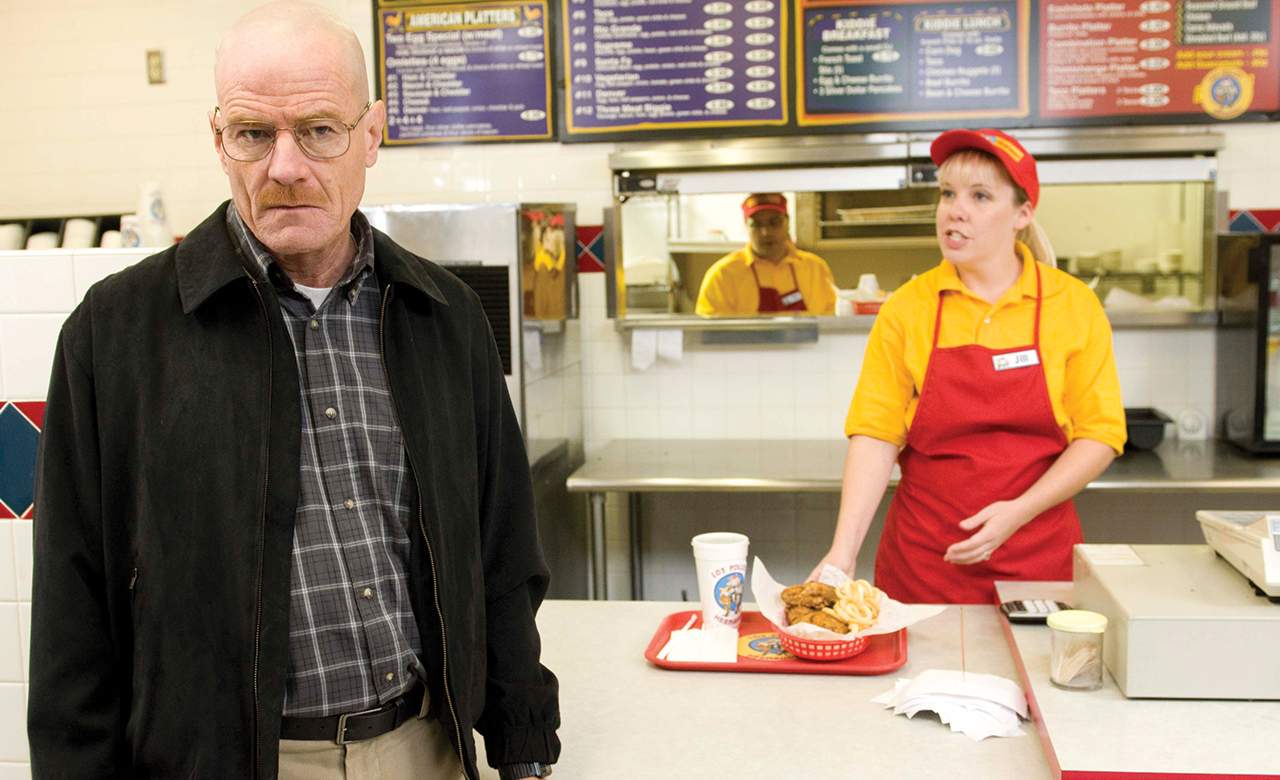Having a Bad Restaurant Experience Can Leave You With a Mild Form of Trauma
"They are not talking about the food, they are reminiscing about a small trauma that happened to them."
We've all been there. That dingy restaurant/cafe you found due to some throwaway reference from a person who's taste in food you vaguely trusted. And so you walked into the "eclectic" diner to find yourself sitting indoors on a veteran outdoor plastic chair, eating your meal of elegant stray black hairs while a a rogue dead cockroach blissfully swirls around in your G&T.
Justifiably indignant you stormed off and told the world about it the only way you knew how: Yelp, Trip Advisor, the Localist and every other 2.0 reviewing site you could find your hands on. And in writing those reviews, the kind of language you were using, was most likely that of trauma.
The findings come from a language analysis of more than 900,000 online reviews of 6,500 restaurants across seven American cities done by Dan Jurafsky, Professor of linguistics and computer science at Stanford University in California. In a nutshell the study compared the wording people used in giving good and bad reviews, as judged by how many stars they gave to a restaurant.
It was found that the way the trauma of a bad restaurant experience (restaurants which gained only one star) is communicated by reviewers is through the use of the third-person plural, like “we”, “us” and “our”, as well as a lot of pronouns and mentions of other people - highlighting the collective nature of the experience. Previous scientific literature has shown that this language use is characteristic of people writing after they had been physically traumatised - as after 9/11, the professor noted. "They use the first-person plural to show that a bad thing happened to us as a group and we’re going to get through it together,” he said at his presentation at the American Association for the Advancement of Science convention in San Jose. Interestingly, he said that they also “distance themselves from the event by putting it in the past tense." He concluded that “the idea of getting through suffering collectively is there in these one-star reviews. They are not talking about the food, they are reminiscing about a small trauma that happened to them.”
He also found that people associated positive luxury dining experiences quite often with sexual pleasure, and linked positive cheap eating experiences with drug addiction. “The more expensive the restaurant, the more likely you are to describe the food in terms of sex,” Professor Jurafsky told the audience at the San Jose convention. “If you like a very expensive restaurant, you use words like ‘orgasmic’, ‘sensual’, ‘sexy’ – and my favourite phrase ‘a very naughty deep-fried pork belly’,” Professor Jurafsky said. There is currently no concrete evidence to why people linguistically associate the two. “We don’t have a convincing answer to why this was the case. It may be that we associate dating with expensive restaurants. Both men and women used the language of sex in expensive restaurants."





